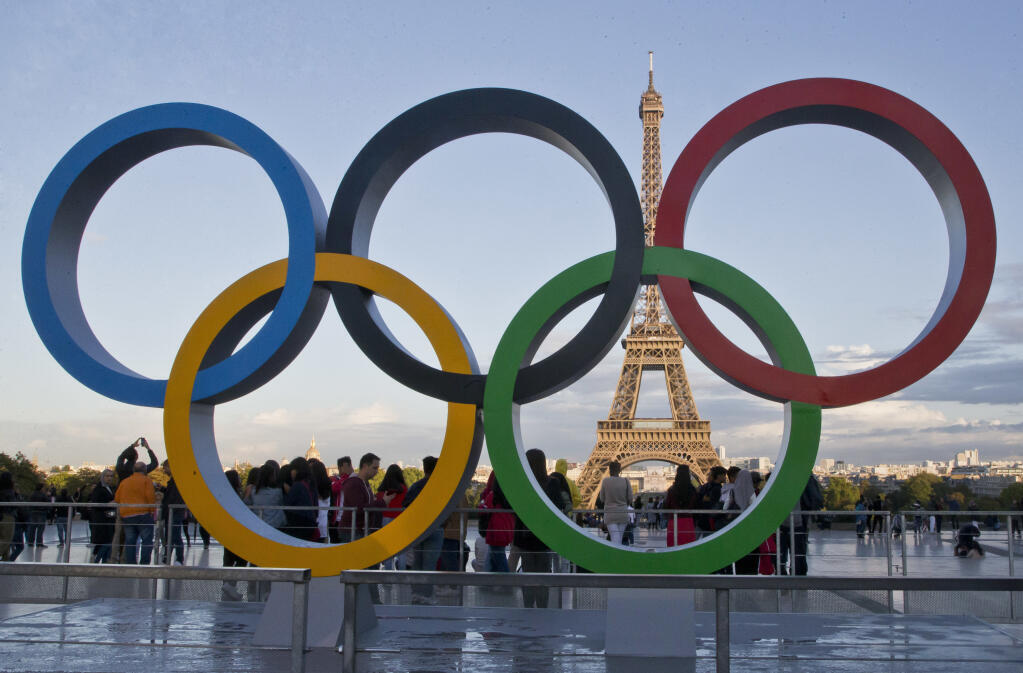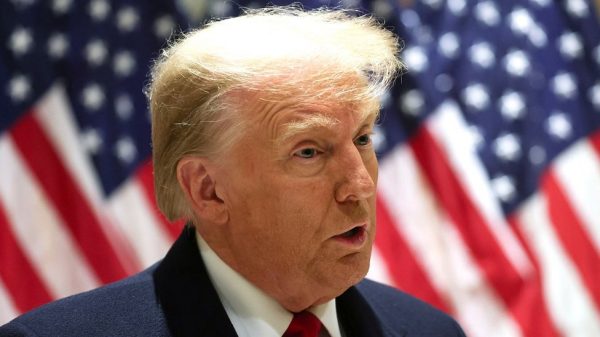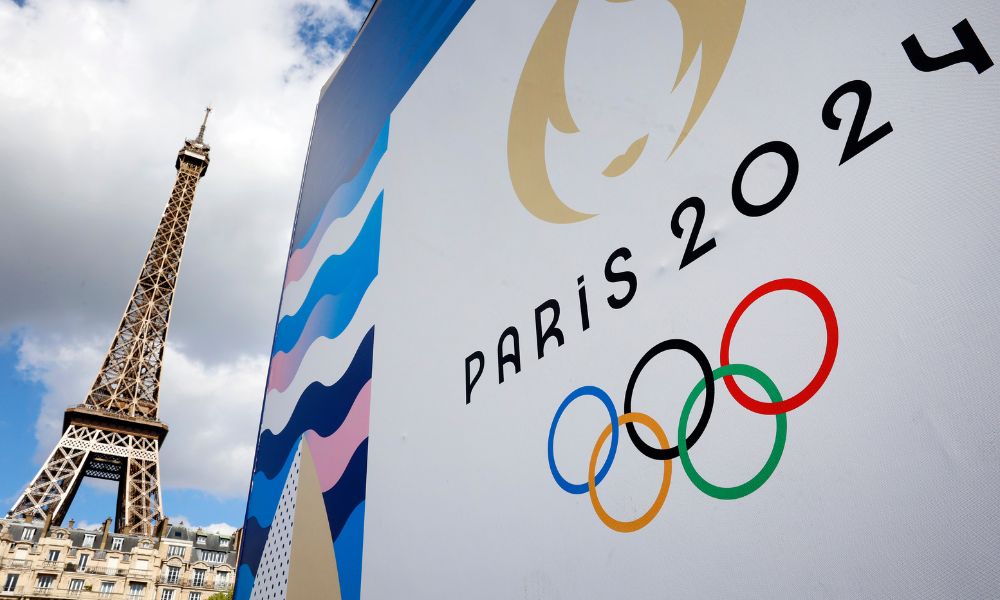This year’s Paris Olympics are not only setting records on the track but also in sponsorship revenue. Although the games are traditionally funded by media rights, there has been a significant rise in commercial sponsorships.
Brands are increasingly keen to align themselves with the Olympic movement, leading to a substantial increase in the value of these deals. The Olympics are becoming more dependent on sponsorship revenue to finance the event.
Research from Ampere Analysis indicates that the International Olympic Committee (IOC) is projected to achieve a sponsorship revenue target of $1.34 billion this year, a 60% increase from the Tokyo Games three years ago. Commercial sponsorship revenue is growing at a rate ten times faster than media rights income. The IOC has not yet commented on this trend.
Chloe Ng-Triquet from Ampere Analysis highlights that global brands are leveraging major sporting events like the Olympics to bolster their market presence and reach new consumers. The high value of these sponsorships reflects the increasing importance of global events for brand-building and consumer engagement.

Paris Olympics Break Sponsorship Revenue Records with $1.34 Billion Target
The cost for becoming a worldwide Olympic partner is substantial. For instance, Toyota paid $835 million to sponsor four Olympics from 2015 to 2024. Toyota has decided to end its sponsorship after the Paris Games, making way for new brands, likely at a similar or higher cost due to the increased marketing value of upcoming games.
The value of future Olympic Games is expected to be higher, partly due to better time zone alignments that are more favorable for U.S. viewers. The next cycle of games, starting with Paris, includes locations in major advertising markets like the U.S., France, and Australia, making them more attractive for sponsors. This increased proximity to key markets has driven up sponsorship interest and spending.
Despite the high costs, some brands are finding innovative ways to leverage their Olympic sponsorships. For example, Samsung is using its 30-year Olympic association to connect with younger audiences through campaigns that emphasize emerging sports like skateboarding.
Brands are also focusing on smaller sponsorships and partnerships with national teams or individual athletes to maximize their return on investment. As Toyota exits, there is potential for other large brands to step in, though future deals may involve more smaller, regional sponsors rather than expanding the global roster.









































